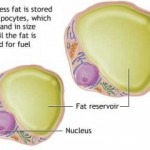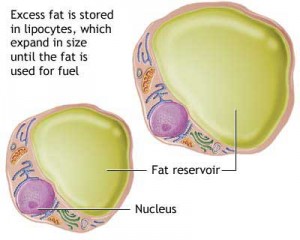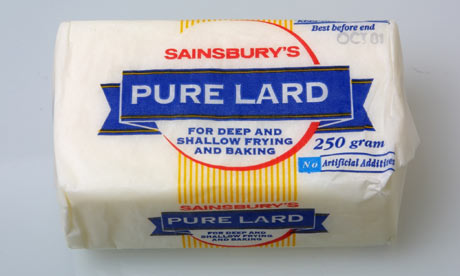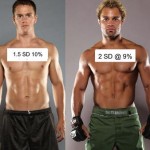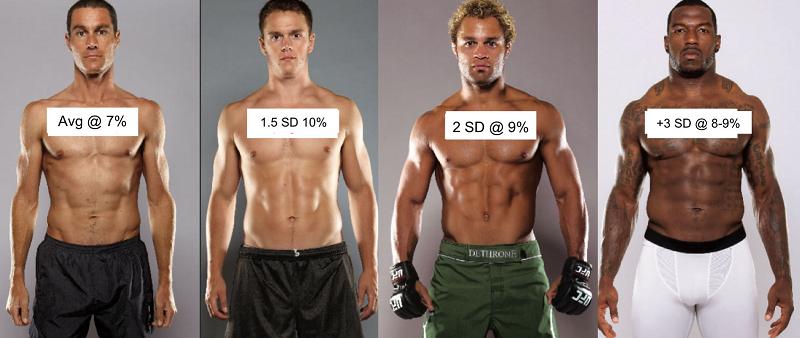The diet and fitness industry makes claims on the effects of workouts, diets, supplements and the combination of the three. The better commentators even quote published research, and the best of them actually read the full research papers and make an honest effort to give an accurate account of what they’ve read.
This however is not enough when it comes to interpreting diet information, and specifically when reading research about human dietary habits.
The problem is that people are notoriously bad at admitting what they eat when they’re being studied. In most cases, people will under report the total amount of food they’ve eaten. This phenomenon is so systemic in diet research, it’s hard to make any conclusions from diet study results because you can never be sure that people really did eat what they say they ate.
This has been a problem since the entire field of studying diet and nutrition started, and we still do not have a solution for it. In the past, before modern metabolic measurement techniques were developed, researchers had no choice but to simply assume people were telling the truth about what they were eating.
In recent years, new and cost effective techniques have been developed that can accurately measure how many calories the human system burns on a daily basis, and therefore we can measure how many calories you can eat without gaining excess fat mass, or losing body mass.
Once these measurements were adopted by nutrition researchers, the truth came out, and it’s not pretty. We now have proof that diet records are a highly flawed measurement technique and that in some cases up to 80% of the people in a diet study will lie about the amount of food they eat and under report it.
We also know that people will over report eating foods that a perceived as ‘good foods’ and under report eating foods that are perceived as being ‘bad foods’.
This stems from the growing marketing and dogma about good and bad foods, and the idea that there is the ‘right’ way to eat.
When people are in a nutrition or diet study, they do not want to appear as eating ‘bad’ foods or eating too much, so they do not report everything they eat and systemically make their diets seem ‘better’ or ‘healthier’ than they really are.
This deception is rooted in shame, guilt and embarrassment that people are trained to feel when not eating what the fitness industry has labeled the ‘right way to eat’. And this is the failing of diet and fitness marketing on a whole.
It has created a society of people who are ashamed and guilty about their food choices and unsatisfied with their bodies. It truly has done more harm than good. And now even in a scientific experiment most people cannot bring themselves to admit what they really eat or how much they really eat.
The direction things are going is ominous and it’s likely only going to get worse. The more diet and nutrition marketing and fear mongering we are exposed to about good and bad foods, and good and bad ways to eat will only further this embarrassment and guilt in people trying to lose weight or be healthy. This leads to even more dishonest diet recording and even less understanding of what is really going on with the modern diet.
It wouldn’t be a stretch to say that modern nutrition science actually has no idea how people eat, what they eat, and most importantly how much they eat.
The next time you read a book, website, or article that is quoting nutrition research about a particular diet you should view it with a very skeptical eye. It’s most likely reporting on highly inaccurate diet records that tell us almost nothing about what those people truly ate.
The bottom line is people will not tell the truth about what they eat.
In today’s podcast, we dig into the diet record research and show you how flawed this research is. Considering diet records are the foundation of most diet research it’s not a stretch to assume that most conclusions in diet and nutrition research are highly flawed and likely incorrect. We can’t know what effect a particular way of eating has if people will never tell us what they’re eating.
John
Login and Download Podcast Here
For more information as well as how to get access to Adonis UNCENSORED, click the link below:
Adonis UNCENSORED Premium Podcast






